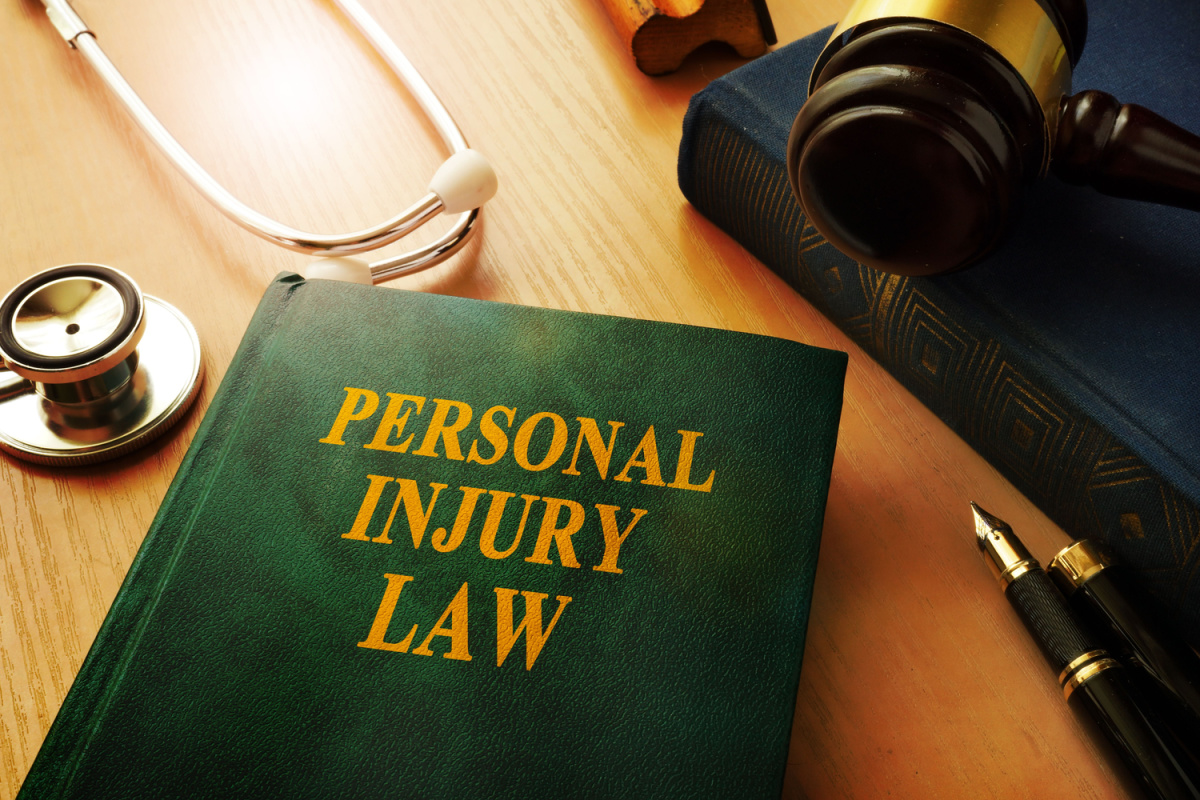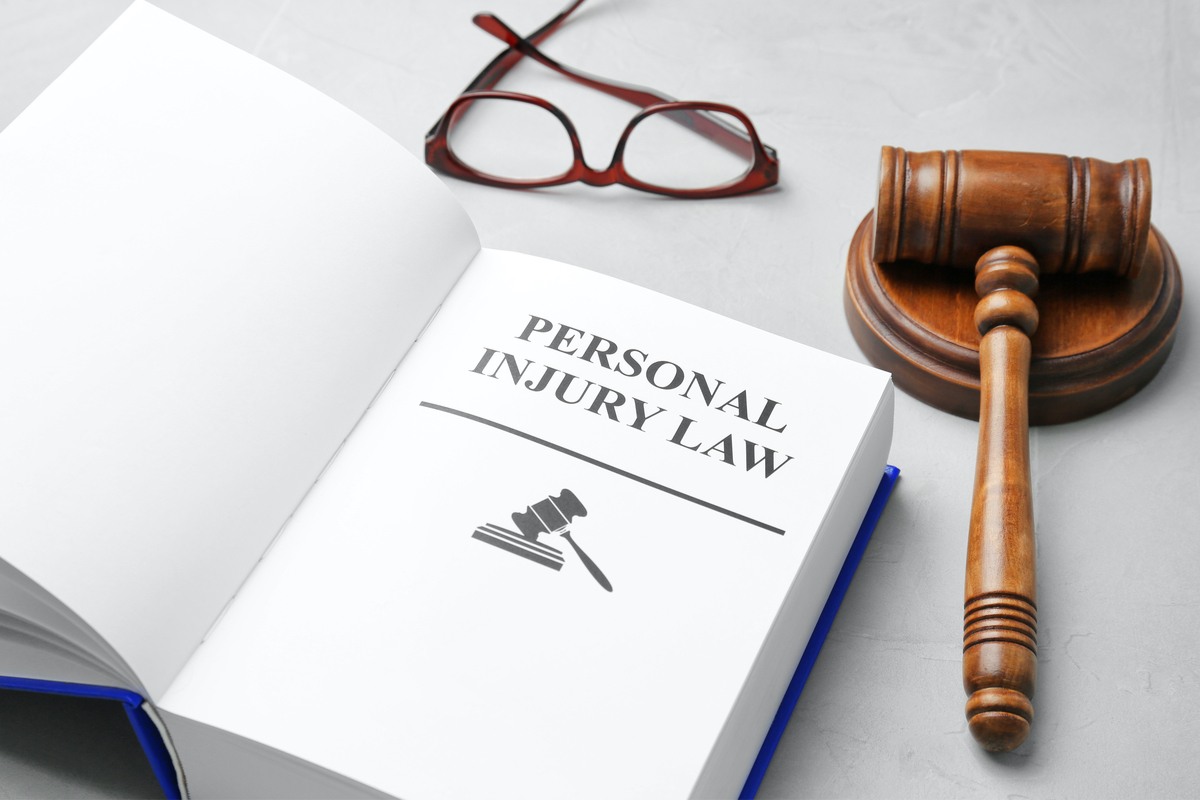
When a New Orleans resident shouts the Cajun French phrase “Laissez les bons temps rouler!” (Let the good times roll!) the expected answer is “Oui, cher” (“Yeah, you’re right.”) If it happens to be during Mardi Gras, and the good times result in a stumble and fall on a slick sidewalk in front of a restaurant, there could be a personal injury lawsuit in the owner’s future.
New Orleans has a French Quarter, and Louisiana law was influenced by its French and Spanish colonial history. That includes a civil code where there is a dominant emphasis on written laws. Other states in the U.S. have a common law tradition inherited from England, relying on precedent and judges’ decisions.
History notwithstanding, there are both differences and similarities between personal injury laws in Louisiana and the other 49 states. The differences include a one-year statute of limitations. The similarities are a reliance on pure comparative negligence rules, cap limits on awards, and a strict liability rule for dog bites.
Time Limits for Filing a Personal Injury Lawsuit in Louisiana
An injured person has one year to file an injury lawsuit. The Louisiana Civil Code section 3492 says that the clock “commences to run from the day injury or damage was sustained.”
Louisiana law allows exceptions in the case of minors under the age of 18 at the time of the injury. Another exemption would be when a plaintiff did not know the cause of the injury at the time, as in the case of a defective product. Also, if someone dies before being awarded damages, the person’s family members have one year after the death of the person to seek compensation. The key to Louisiana’s statute of limitations is that the plaintiff will lose the right to file a lawsuit if the one-year window is missed.
Note: One recent development in sexual abuse lawsuits, which were previously subject to a 3-year statute of limitations, is a new law that went into effect in 2021. The law eliminated the statute of limitations entirely for the future and grandfathered in past sexual abuse victims, who now have three years to submit a lawsuit, regardless of how far back in the past the abuse occurred.
Other States’ Statutes of Limitations
Louisiana and Tennessee are the only states with a one-year statute of limitations on filing a personal injury lawsuit. Most states have at least a two-year limit with others. Florida, Maine, Missouri, Nebraska, North Dakota, Utah, and Wyoming allow at least four years.
Louisiana’s Comparative Negligence Laws
Louisiana is among 12 states that have a comparative negligence law. Comparative negligence rules permit injured parties to collect damages, but only to the degree to which they were not at fault.
As a legal term, “fault” is applied to someone responsible for causing harm through carelessness. Carelessness must rise to the level of negligence. Negligence is the failure of someone to exercise reasonable care. Often in a personal injury case, more than one person is at fault.
An example of comparative fault would be when a driver makes a sudden left turn and is struck and injured by a car traveling over the posted speed limit. Under the comparative fault principle, the driver making the sudden left term could share a portion of the fault and have the monetary damages reduced. A court could, for example, rule that the plaintiff was 10 percent at fault for the accident. The plaintiff’s award would then be reduced to $27,000.
Louisiana and 11 other states have so-called “comparative negligence” laws. The majority of U.S. states (33) have modified comparative negligence laws and set a 50 or 51% threshold where the injured party cannot recover damages from the other person.
Note: Comparative negligence differs radically from the concept of contributory negligence. If a person contributes only in a small way to an accident, the person cannot collect damages. In other words, if the defendant proves contributory negligence, even though the responsibility is a negligible one percent, the plaintiff collects nothing. States that operate under this harsh principle are Alabama, Maryland, North Carolina, Virginia, and the District of Columbia.
Caps and Limits on Personal Injury Damage Awards
Louisiana limits damages to $500,000 for medical malpractice, lawsuits against government organizations, and cases for pain and suffering. Plaintiffs can collect more for lost wages or medical expenses in excess of the caps. There are no caps on damages for other personal injuries cases, such as product liability claims, slip and falls, or car accidents.
For Louisiana Medical Malpractice lawsuits, the Louisiana Act requires the plaintiff to present a claim to a medical review panel. The panel issues an opinion on whether or not the healthcare provider met the standard of care. If the panel determines there was a breach of medical standards, the plaintiff can proceed with the malpractice lawsuit.
Injuries Caused by Dog Bites
Louisiana operates under the “strict liability” rule for dog bite injuries. This means that a dog owner defending against a lawsuit is held liable, regardless of whether the defendant could have done something to prevent the event.
Exceptions are in cases where the injured person provoked the dog, trespassed on the defendant’s property, or otherwise broke the law at the time of the incident. This applies even if the owner knew the dog tended to be territorial or aggressive.
Other States Have a “One-Bite” Liability Rule
A few states have the so-called “one-bite” rule. This does not mean that a dog has one free bite. Rather, the owner is liable when the dog bites someone and has a history of viciousness or biting other people.
Finally, Three Additional Personal Injury Laws:

RS 32: §861: Anyone operating a self-propelled motor vehicle registered in Louisiana must have liability insurance in the amount of at least $25,000 for property damage, $15,000 for personal injury of any person, and $30,000 for any single accident.
Title 13: §3732—Governs statements by injured persons in connection with an accident or injury. Requires anyone taking a statement to furnish the person a complete copy of the statement within 20 days if the injured person made a written request.
Title 23: §13.—Discusses employers’ duty in providing a safe working environment. Note: Except in the most extreme cases, employees cannot sue an employer for work-related injuries. Employers have limited liability because employers must pay for employee injuries regardless of who is at fault.
In light of the limitations on suing employers, it’s crucial for employees to be well-informed about their rights and the nuances of personal injury claims. For instance, understanding the different categories of personal injury can be enlightening. You can delve deeper into this topic by exploring personal injury categories. Specific incidents, such as the aftermath of a dog bite, require particular steps to ensure the victim’s rights are protected.
Moreover, contemporary issues like the opioid crisis have a significant impact on personal injury claims. Beyond the realm of personal injuries, it’s also essential to understand the broader context, such as the true meaning of Labor Day, and the intricacies of insurance claims, which often intersect with personal injury cases.
Contact Alvendia Kelly & Demarest today at 504-200-0000 to schedule a free consultation.
Categories

In 2003, after being dissatisfied with the quality of legal care for victims of car accidents, Roderick ‘Rico’ Alvendia sought to establish a new firm focused on providing high-quality legal services to aid injured victims and their families. J. Bart Kelly, sharing Rico’s passion for upholding justice, joined the firm later that year, and established a partnership.






